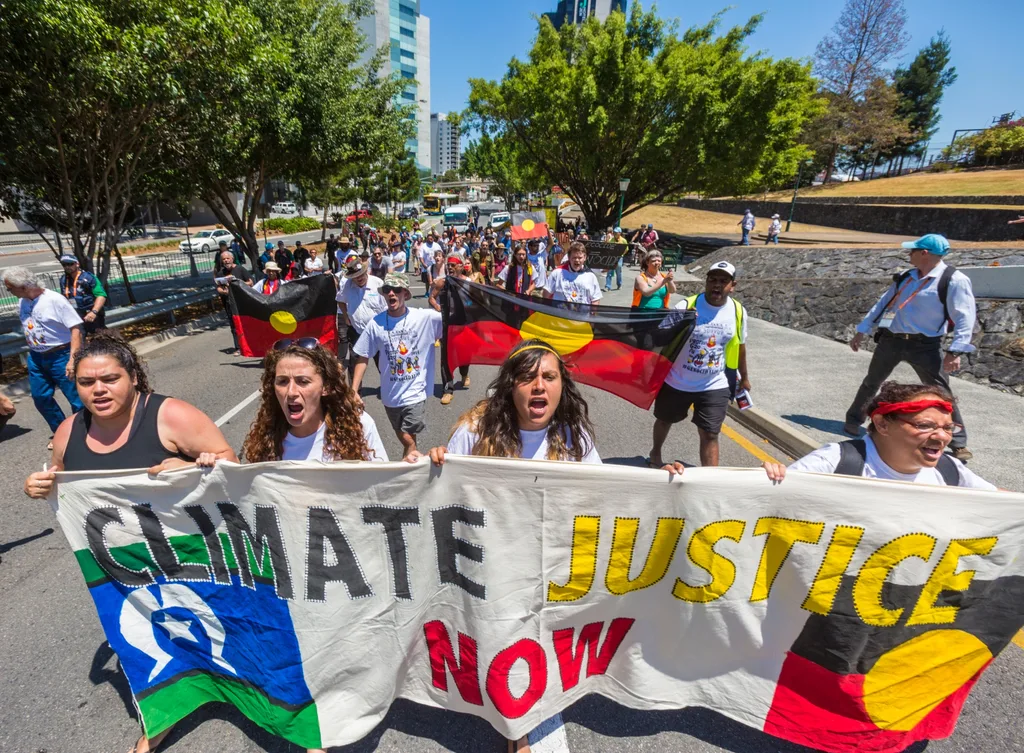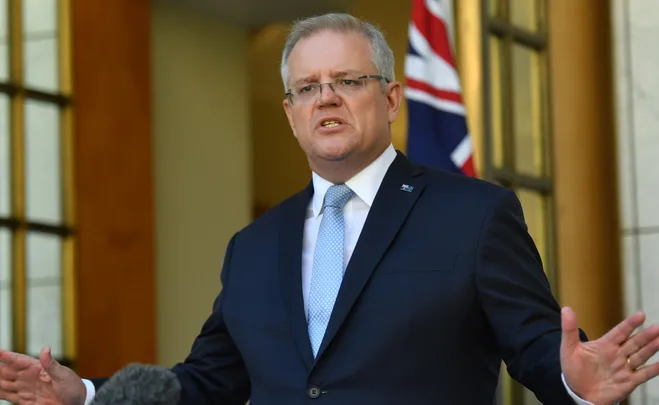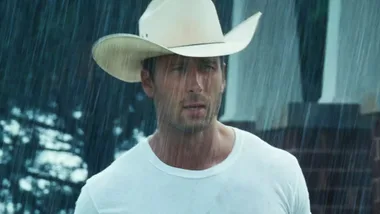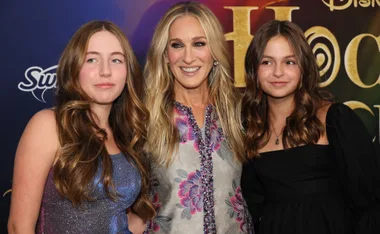The Morrison Government will move forward with a $50 million cash injection which will go towards a controversial fracking project in Beetaloo and wider McArthur River Basins, an area where an estimated 60 Indigenous groups live.
It comes after a motion calling to halt funding for the Northern Territory based fracking project fell through—Labor ended up voting with the Liberals to approve the cash boost.
The decision was met with anger from the Greens Party and other environmental groups after months of campaigning against it when the grant was first announced in August. Per AAP, Greens Senator Lidia Thorpe claimed the alignment from both major parties was because they were beholden to donations from fossil fuel companies.
“If you really really care, you would listen to the traditional owners of the NT who don’t want their country fracked… and to protect sacred sites and the environment,” she told parliament this week.
The Greens Party reports the fracking project could add up to 13 per cent to Australia’s total carbon emissions each year.

Social change organisation Get Up also commented on the controversial project.
“Traditional Owners across the Territory have united in the fight against fracking, making it abundantly clear that they do not consent to these fracking projects in the Beetaloo,” GetUp First Nations Justice Director Larissa Baldwin said in a statement.
“Decision-makers should be acting to phase out fossil fuels, not handing out public money to prop them up.”
To add, Protect Country Alliance Spokesperson Graeme Sawyer said the fracking project had the potential to unleash up to 1.4 billion tonnes of greenhouse gasses.
“That’s two and a half times the amount of Australia’s annual carbon emissions. It’s an absolute outrage the Morrison Government is subsidising this industry with public money,” he said.
What exactly is fracking?
Fracking, which is short for hydraulic fracturing, is where a mixture of water, sand and chemicals are injected into the ground in order to open cracks in underground rock. From the cracks, natural oils, gasses and geothermal energy are extracted by miners. Ultimately it boosts oil production in countries, subsequently keeping gas prices low.
But the negatives far outweigh the positives given its impact on the environment. Fracking requires large amounts of water, in turn reducing water quality in surrounding areas. To add, environmentalists say carcinogenic chemicals can escape during the drilling, which leads to contamination of groundwater at the fracking site.
It also effects people who live close to fracking sites—it causes reduced air quality, night sky pollution and a lot of noise.
Why is fracking happening in Australia?
As mentioned, fracking can be a lucrative operation given it ultimately boosts oil production. To add, the Morrison government has commited to what it calls a “gas-led” economy, meaning it plans to utilise the country’s gas resources for electricity generation, heating and select manufacturing industries.
Despite the detrimental nature of fracking to the environment, it’s clear Scott Morrison is all for it and will continue to do it.
Fracking projects like the one at the Beetaloo Basin also suggests more gas projects will be given the green light—per Climate News Australia, work on the Amadeus to Moomba Gas Pipeline (set to begin next year) will see gas transported from the NT all the way to the East Coast.
The organisation reiterates that this could have a negative impact on the ecosystems the pipeline runs through, in turn, posing a threat to the traditional owners of the land.
Why is fracking bad?
The natural gas produced via fracking is responsible for around 19 per cent of Australia’s greenhouse gas emissions—the pollution that is causing the Earth’s temperature to rise.
This statistic is an alarmingly large chunk considering the country is one of the world’s biggest contributors to greenhouse gas emissions. In fact, 2019 data from the UN National Inventory Report revealed per capita, it produced 21 tons of the stuff—that’s three times the global average.
As outlined above, fracking also reduces water and air quality, particularly in the areas it takes place. Distressingly, fracking sites like Beetaloo are located on First Nations land.

What can I do to stop fracking in Australia?
The best way to make a change is to educate yourself, share information and sign petitions or write a letter to your local MP who can escalate the matter to local government.
Get Up has a petition which you can sign here, and an open letter you can sign here.










